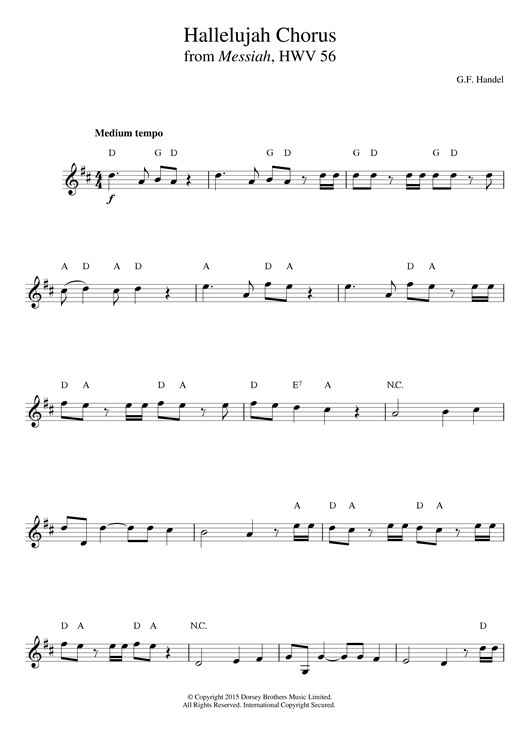
īy the early 1730s public taste for Italian opera was beginning to fade. He subsequently wrote and presented more than 40 such operas in London's theatres. Within a large and varied musical output, Handel was a vigorous champion of Italian opera, which he had introduced to London in 1711 with Rinaldo. By 1741 his pre-eminence in British music was evident from the honours he had accumulated, including a pension from the court of King George II, the office of Composer of Musick for the Chapel Royal, and-most unusually for a living person-a statue erected in his honour in Vauxhall Gardens. The composer George Frideric Handel, born in Halle, Germany in 1685, took up permanent residence in London in 1712, and became a naturalised British subject in 1727. Statue erected in Handel's honour, in Vauxhall Gardens, London now in the Victoria and Albert Museum. A near-complete version was issued on 78 rpm discs in 1928 since then the work has been recorded many times. In the late 20th and early 21st centuries the trend has been towards reproducing a greater fidelity to Handel's original intentions, although "big Messiah" productions continue to be mounted.
#Hallelujah chorus sheet music piano update#
In other efforts to update it, its orchestration was revised and amplified by, among others, Mozart ( Der Messias). In the years after his death, the work was adapted for performance on a much larger scale, with giant orchestras and choirs. Handel wrote Messiah for modest vocal and instrumental forces, with optional settings for many of the individual numbers. In Part III he covers the resurrection of the dead and Christ's glorification in heaven. In Part II, Handel concentrates on the Passion and ends with the " Hallelujah" chorus. The text begins in Part I with prophecies by Isaiah and others, and moves to the annunciation to the shepherds, the only "scene" taken from the Gospels. Instead, Jennens's text is an extended reflection on Jesus as the Messiah called Christ.

Although its structure resembles that of opera, it is not in dramatic form there are no impersonations of characters and no direct speech. He turned to English oratorio in the 1730s in response to changes in public taste Messiah was his sixth work in this genre. Handel's reputation in England, where he had lived since 1712, had been established through his compositions of Italian opera. After an initially modest public reception, the oratorio gained in popularity, eventually becoming one of the best-known and most frequently performed choral works in Western music. It was first performed in Dublin on 13 April 1742 and received its London premiere nearly a year later.

Messiah (HWV 56) is an English-language oratorio composed in 1741 by George Frideric Handel, with a scriptural text compiled by Charles Jennens from the King James Bible, and from the Coverdale Psalter, the version of the Psalms included with the Book of Common Prayer.


 0 kommentar(er)
0 kommentar(er)
